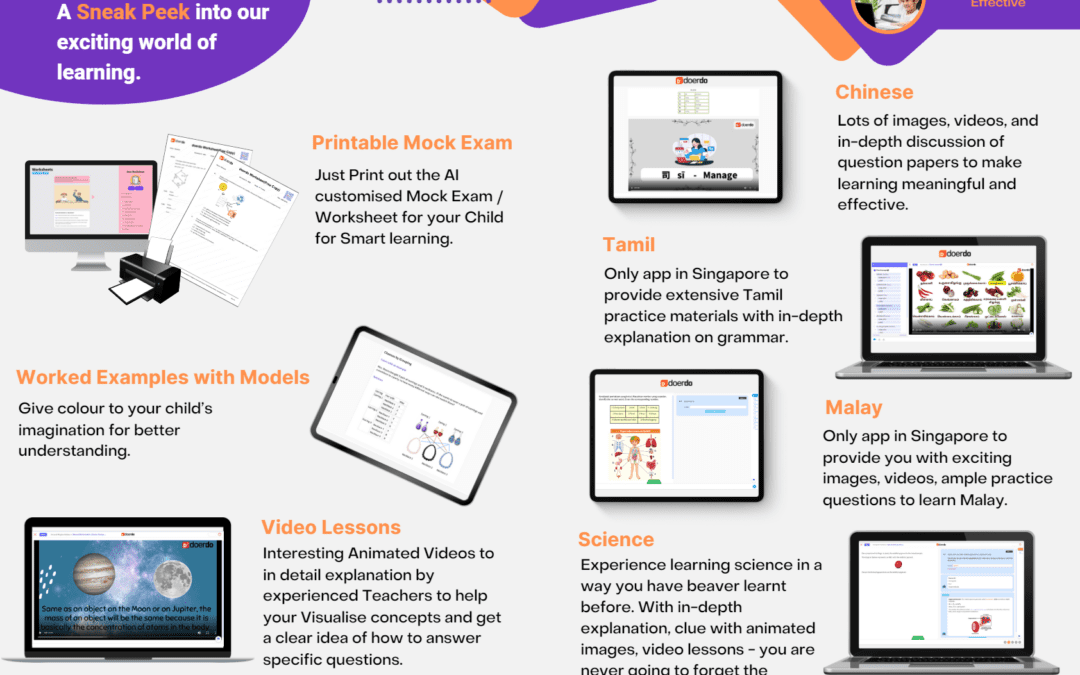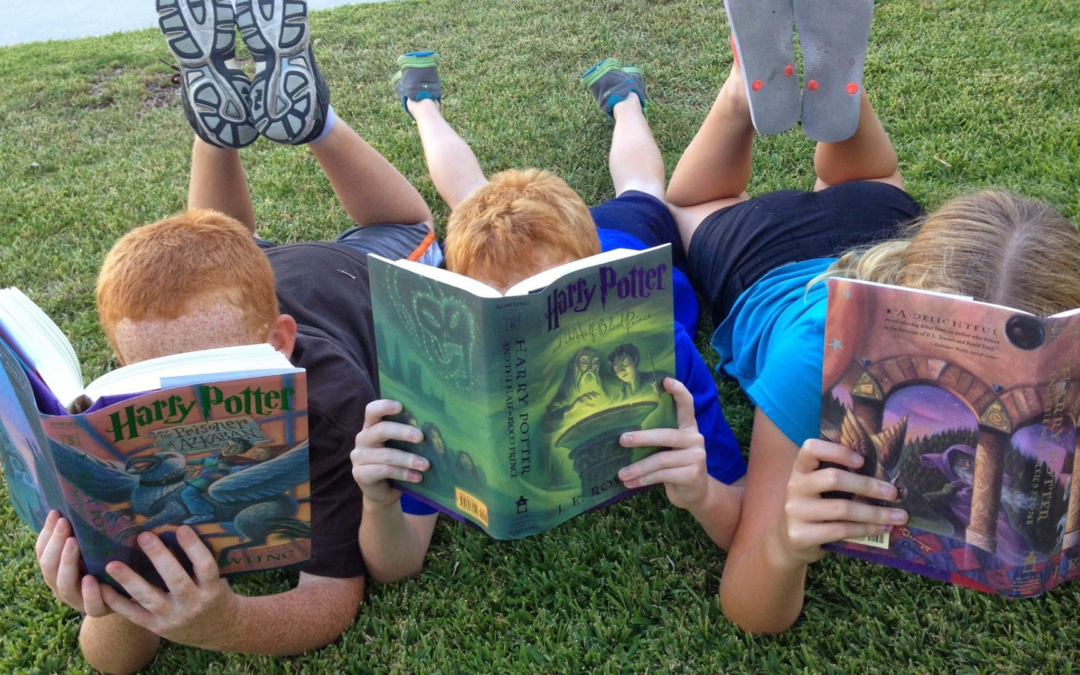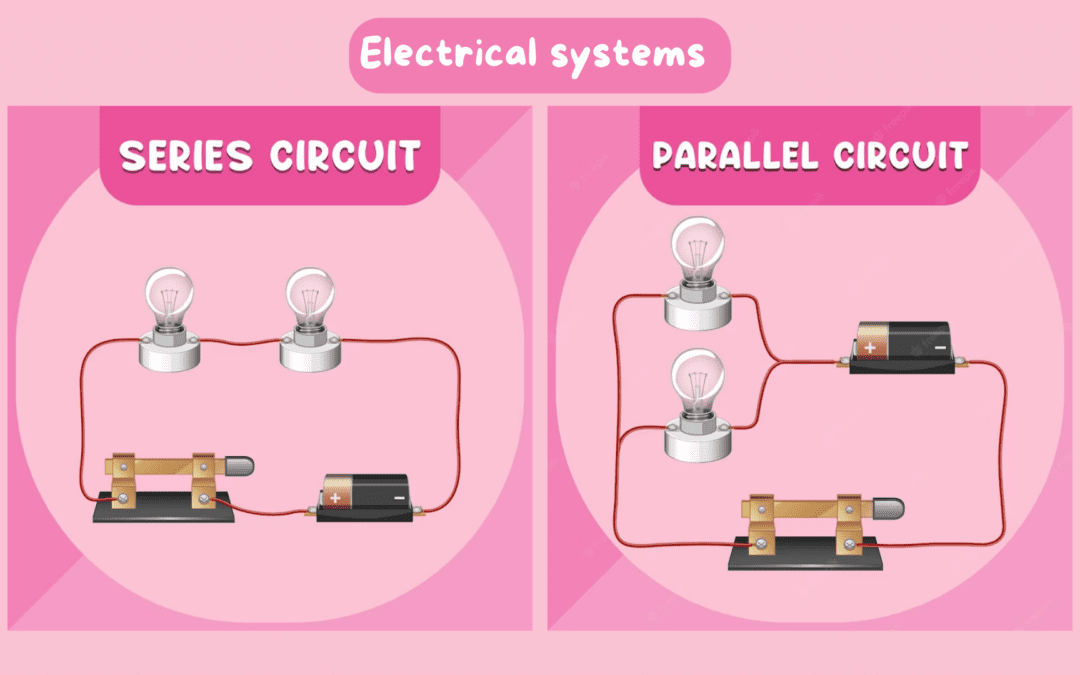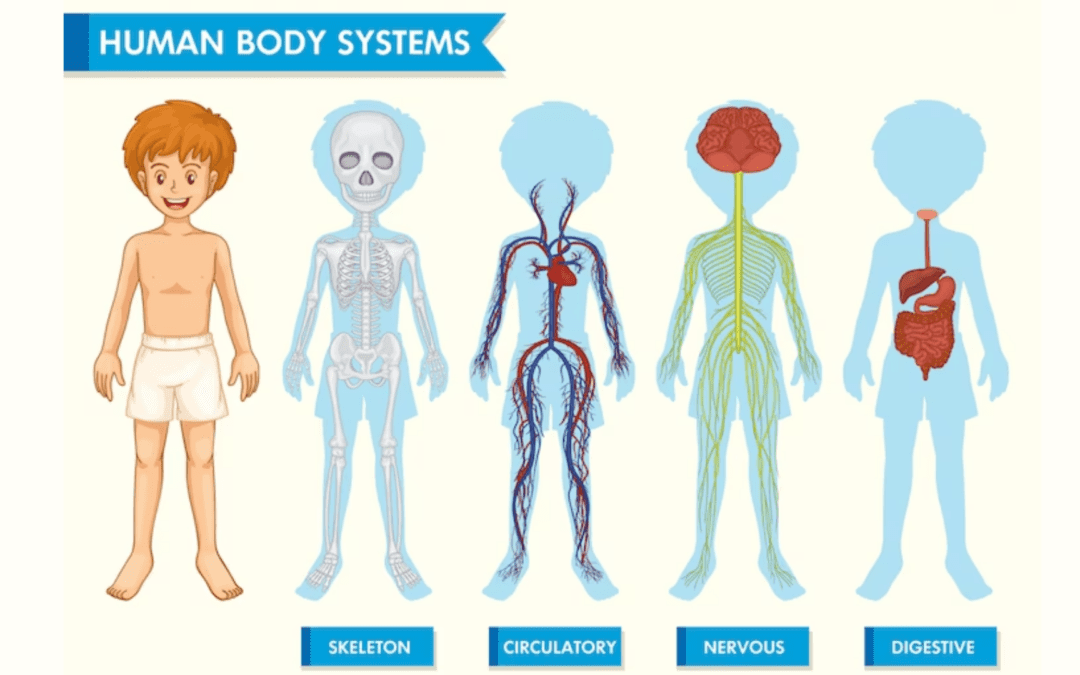Mathematics is a critical subject for primary school children. It provides the foundation for more complex subjects and aids in the development of fundamental skills such as critical thinking and problem-solving. Nevertheless, some children find math daunting. The good news is that there are numerous enjoyable and engaging ways to help children learn math. This article explores ten entertaining activities to assist Primary 1 children in learning math.

Cooking and Baking
Incorporating math into daily activities, such as cooking, can be a fantastic way to teach children math concepts. Measuring ingredients, counting, and fractions are all math skills that can be learned while cooking. Encouraging children to assist with ingredient measurements and calculations is a fun and practical approach to making math more enjoyable.
Board and Card Games
Board and card games can also be a pleasant method to teach children math. Games like Monopoly, Chess, and Uno teach kids about numbers, strategy, and critical thinking. Encouraging children to play math-related games with friends and family not only makes math more enjoyable, but it also promotes social skills and teamwork.

Nature Walks
Nature provides numerous opportunities to teach children math concepts. A nature walk can provide the chance to count trees or leaves, estimate the height of a tree, or the length of a path. These activities teach math while also fostering a love of nature.
Interactive Math Applications for Primary 1 Students
There are several interactive and engaging math applications available to help children learn math, such as Mathletics, Prodigy, and Khan Academy Kids. Doerdo for Primary 1 is also an excellent EdTech platform that provides tailored math worksheets and expert support to students. With Doerdo, children can learn math in a fun and interactive way, and parents can be confident that their child is getting the support they need to succeed.
Art Projects
Incorporating math into art projects is another excellent approach to teach math concepts. Encouraging children to create geometric shapes or designs using math concepts, measuring and cutting paper to create a collage, or creating a pattern using shapes, reinforces math concepts while promoting creativity and self-expression.
Scavenger Hunts
Scavenger hunts are a fun and interactive method to teach math concepts. Creating a scavenger hunt in which children must find objects that match a specific shape or color or that meet certain measurement criteria, such as objects longer than a specific length, makes learning math more exciting and interactive.
Music
Music is a great tool for teaching math concepts. Asking children to clap or tap out rhythms to help them understand fractions, count along with the beat to reinforce counting skills, or sing math-related songs is a fun and interactive method to teach math that children are sure to enjoy.

Brain Teasers and Puzzles
Brain teasers and puzzles can be an enjoyable approach to challenge children’s math skills. Math puzzles can be found online or created at home. These puzzles teach math skills and promote problem-solving and critical thinking while also instilling a growth mindset by encouraging children to persevere through challenges.
Children’s Books
Children’s books can be an excellent tool for teaching math concepts, such as “The Doorbell Rang” and “One Hundred Hungry Ants,” which teach counting and division in a fun and engaging way. Reading these books with children can reinforce math concepts and promote a love of reading.
Choosing Appropriate Activities
It is critical to choose activities that are appropriate for a child’s math level. Consult with a child’s teacher or use educational resources such as Doerdo to find activities that match their math level.
In conclusion, math is an essential subject for primary school children, and learning it can be enjoyable and engaging. Incorporating activities such as math in the kitchen, math games, and math art can assist children in learning math in an enjoyable way. With educational resources such as Doerdo, parents can be confident that their child is receiving the best possible learning experience.










